.jpg)
The craft beer industry has seen a surge in the number of small breweries in recent years, fostering a culture of innovation and creativity. Although the craft beer movement is growing in popularity among enthusiasts, understanding the profitability of small breweries remains a pertinent question. Small breweries face a unique set of challenges and opportunities, dealing with complex production costs, distribution and market competition.
When opening a brewery for the first time, there are many startup costs to consider, such as equipment purchases, permits and licenses, and emergency funds. Therefore, you're unlikely to break even or make a profit in your first year. According to statistics, it takes an average of 3 years for a new brewery to become profitable.
We recommend that you focus on building a solid, growing foundation in the early stages of your business. But since paper losses are normal, your cash flow should always remain stable. If not, we recommend working with an experienced brewery accountant to avoid a lack of cash ruining your entire idea.
Operating costs will be high in the first year, but are critical to the success of the brewery. Start-up costs for a brewery include top-of-the-line equipment, brewing space and licenses.
In addition to these initial costs, it's also important to consider monthly expenses during the first year of operation. Consider your business’s financing needs for the first year.
An emergency fund can help your brewery run until it becomes profitable. Liquid assets in the form of personal loans, savings or investments are needed to pay employee salaries or any unforeseen expenses.
Strategies to improve profitability
Offer niche products: Focusing on niche and specialty beers that meet specific consumer preferences can help small breweries carve out a specialized customer base and command a premium, thereby increasing profitability.
Direct-to-consumer sales: Direct-to-consumer sales through bars, brewpubs, or online platforms can help small breweries maximize profits by eliminating the intermediate costs associated with traditional distribution channels.
Collaborations and Partnerships: Strategic partnerships with local businesses, restaurants, and retailers can increase brand awareness and create new revenue streams, allowing small breweries to expand market reach and increase profitability.
Community Engagement: Building strong community relationships through events, sponsorships and local initiatives can foster brand loyalty and support, drive customer engagement and increase profitability.
Operational efficiency: Implementing efficient brewing practices, optimizing resource utilization, and managing overhead costs can impact small brewery profitability and ensure sustainable growth in a competitive market.
Still have a problem on choosing the brewery equipment? We can help with your final decision. If you are looking for a turnkey solution for craft beer brewing system, please contact us. We are looking forward to working with you. Send an email now: [email protected]
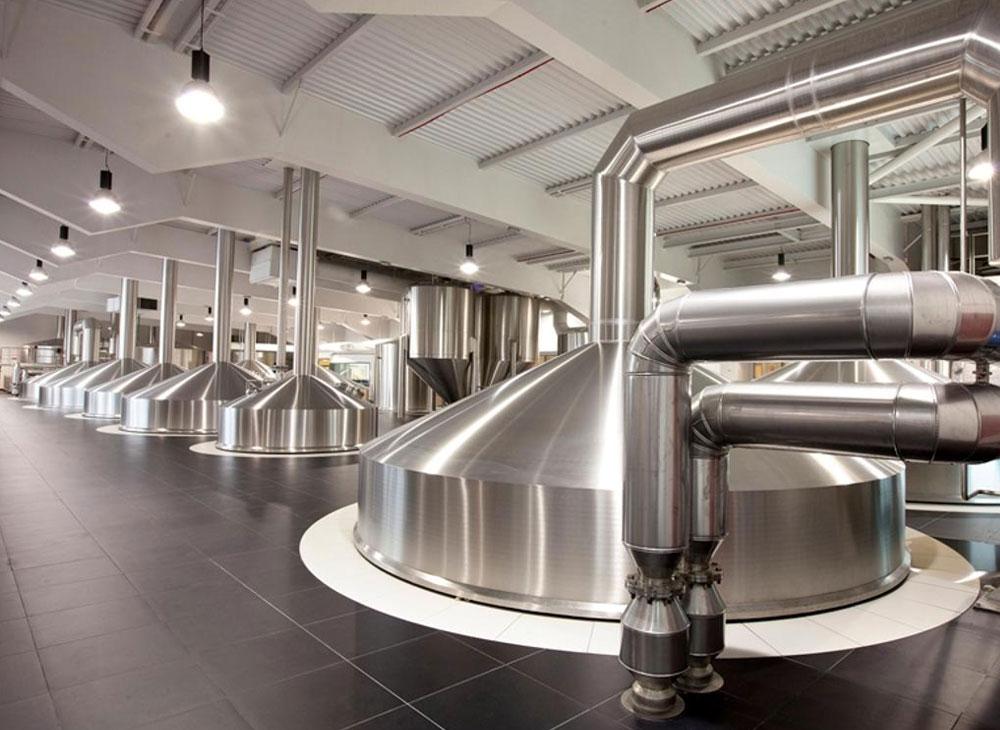
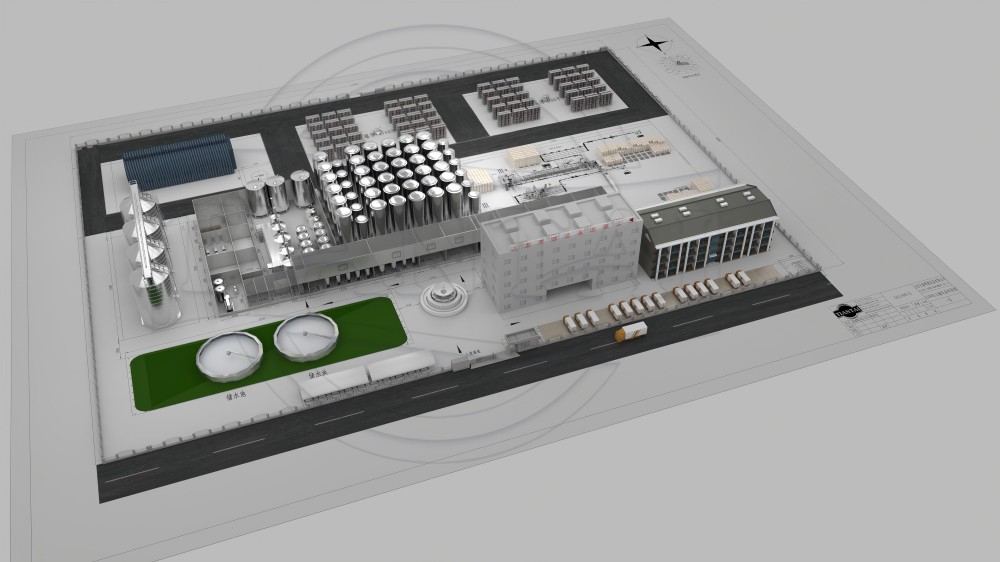
.jpg)
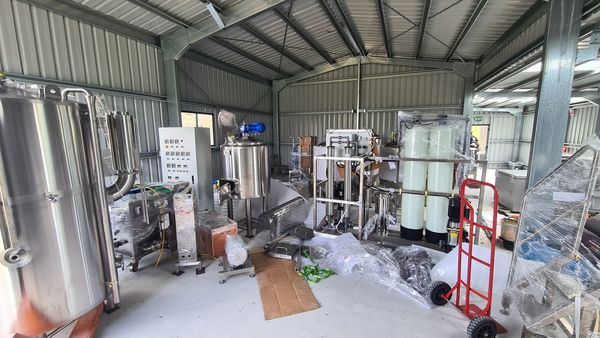
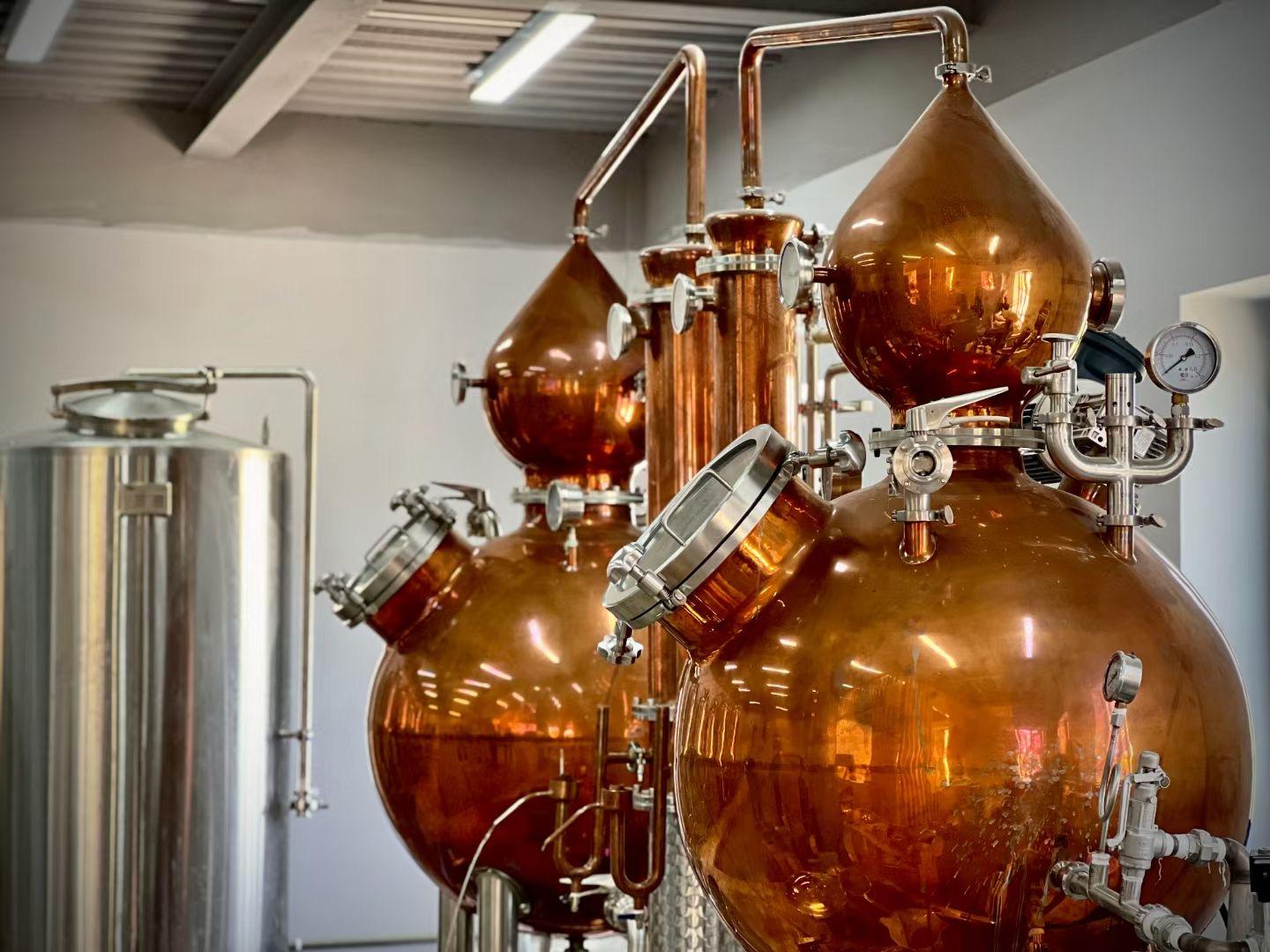
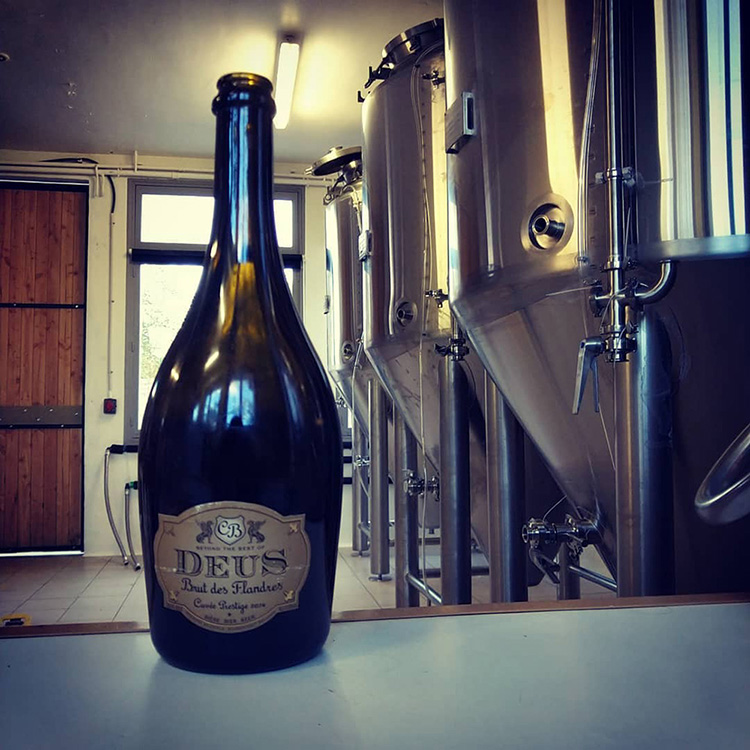
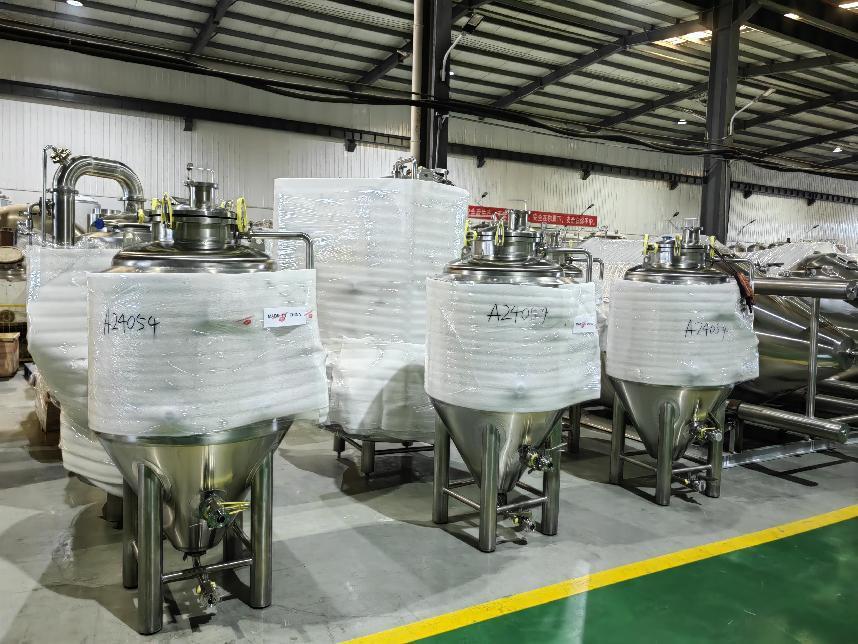
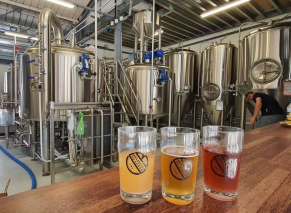
Get A Quote